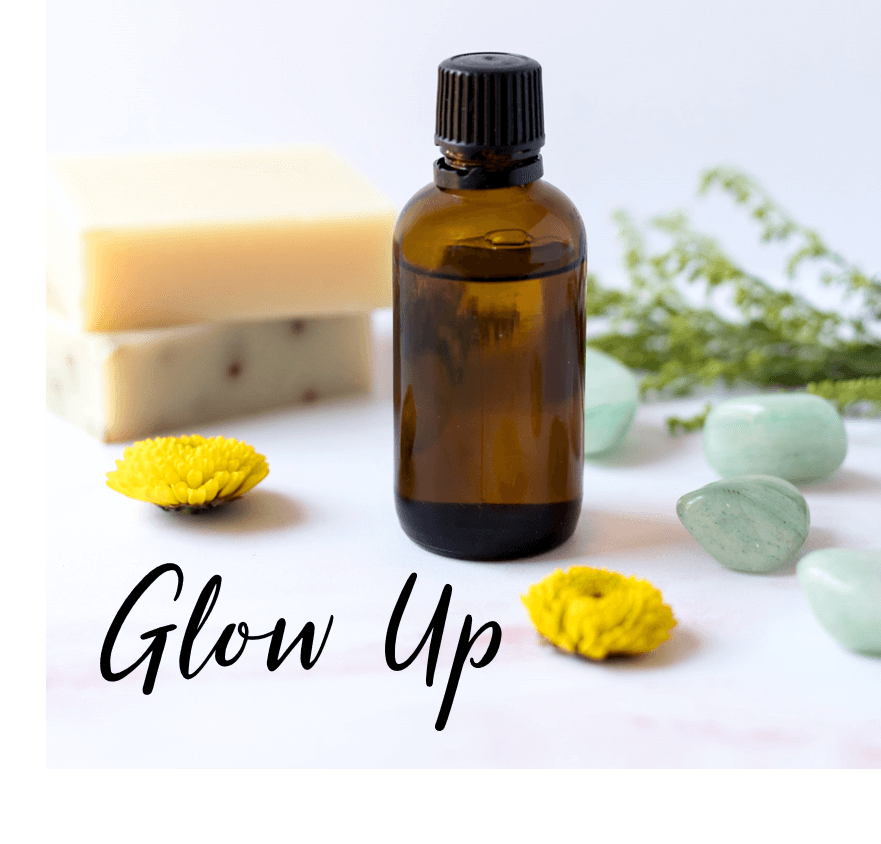
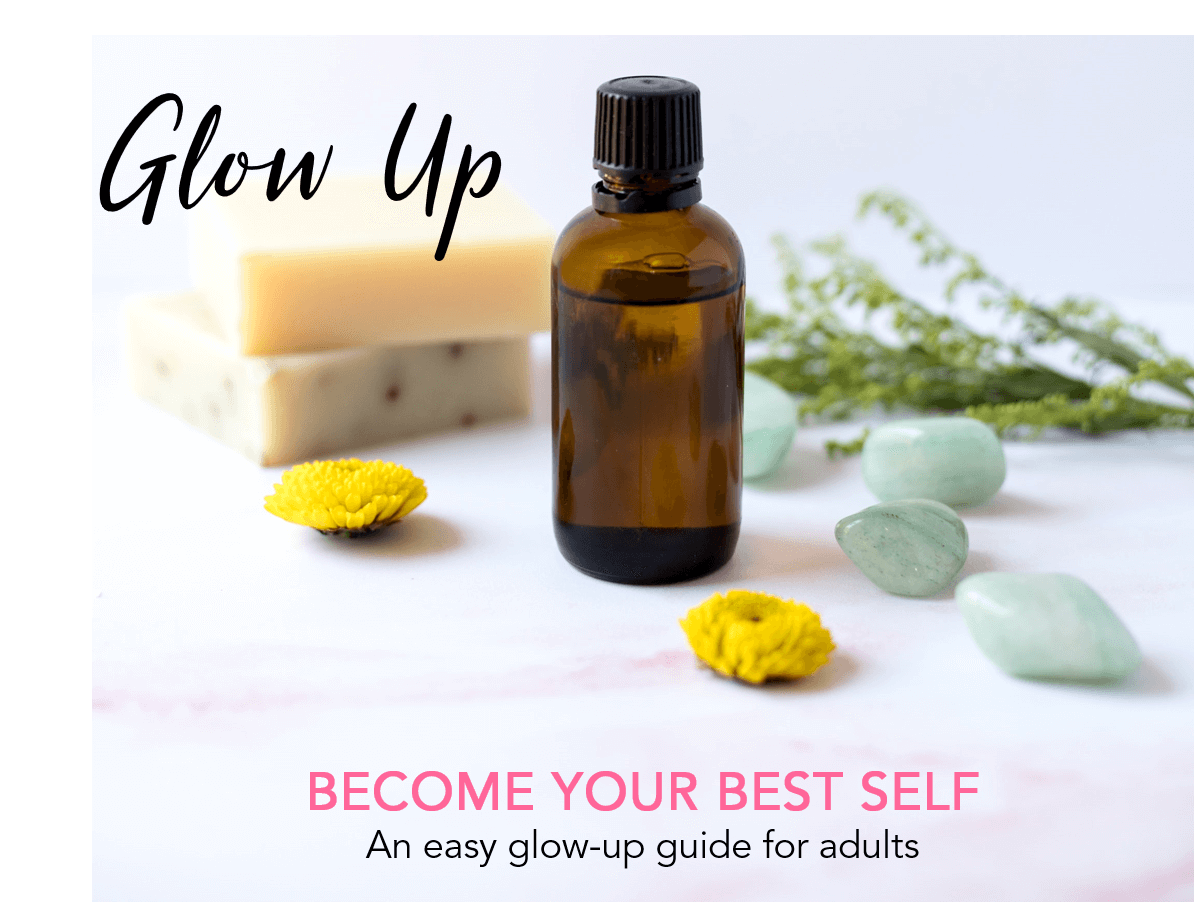
GLOW UP
What does glow up mean?
If you are even remotely active on social media, you’ve likely run across the “Glow-Up Challenge” or some of the pretty incredible glow up transformations. For those of you that are not familiar, this is a cultural trend that plays off of “grow up” featuring mostly young people who radically improve their appearance through skincare, weight loss, makeup/hair and style. There are endless glow up transformation checklists, glow up transformation Youtube videos and even a glow up transformation app.
But here’s the thing: becoming your best self is one of the most important things in life but torturing yourself to live up to an impossible ideal brings out your worst self. So in some cases pressure to glow up can be self-defeating. For many of us it takes some growing up to realize this, that’s why this blog post is a glow-up guide for adults. Maybe we’ve blossomed since puberty, but we’ve lost a little bit of our bloom due to being super-busy and neglecting self-care.
Spring is here and it’s time to glow up for summer!
The glow up movement has so many useful tips for how to improve your appearance and how to become healthier- it’s too overwhelming to even get started! So this will be a simple, easy-to-do glow up for the busy or slightly lazy adult that wants to start a simple routine to work towards a more glowing self.
Glow up challenge
There’s no challenge angle here, where you have to post half-naked pictures with no makeup on the internet for the world to see… this is something that you could chose to do for yourself. Maybe make a commitment to taking better care of yourself, so you feel better about the way you look, feel better in your own skin and live life a little more vibrantly.
How to glow up
In a word- antioxidants. Put them on your face and eat them!
Understanding what antioxidants are, how they work and how you can integrate them into your diet and beauty routine gives you a huge head start on a holistic glow up. Antioxidants are the key to healthier skin, antiaging and better health.
Why? Because they combat free radicals that trigger cell damage resulting in bad skin and disease. So here is a very simple explanation of how antioxidants combat free radicals that trigger cell damage. Free radicals come in the form of air pollution, cigarette smoke and radiation from sunlight. When there are too many in your system, they damage cells. Antioxidants neutralize the free radicals to prevent and correct cell damage. When it comes to skin, antioxidants will give skin the youthful glow we are after. Certain antioxidants can stimulate collagen production and improve skin hydration to help revitalize dull-looking skin. Got redness? Antioxidants reduce inflammation. Uneven skin tone? Antioxidants will stop it in its tracks.
Antioxidants in Your Skincare & Makeup
An uncomplicated and easy way to get glowing, youthful skin is using skincare products with important antioxidants in them. But not all antioxidants are created equal in skincare! You’ll need some that sit on top of the skin for environmental defense and others that have molecules small enough to be absorbed by the skin. Here are the key ingredients to look for:
- Vitamin C: lightens hyperpigmentation and brightens dull, tired-looking skin. Also, great for reducing wrinkles.
- Vitamin A: vitamin A and retinol (just concentrated vitamin A), are one of the most potent antioxidants with studies suggesting that it can stimulate collagen production and fight free radical damage. Also great for breakouts, hyperpigmentation and improves texture.
- Vitamin E: anti-inflammatory, keeps skin soft and supple and helps to prevent scars.
- Vitamin B3: also called niacinamide, B3 is an anti-inflammatory ingredient that works well for rosacea and acne. It helps to retain the skin’s moisture, reduce fine lines and hyperpigmentation. Lastly…. it boosts the performance of other antioxidants!
Fake it ’til you make it!
You will need to wait 4-6 weeks to see positive changes in your skin after starting skincare products with antioxidants. In the meantime, get some cosmetics that give you that radiant and natural complexion your after! Look for full-coverage yet lightweight concealers and foundations that will block out any redness and other discolouration. Use a highlighter or glow balm to lift your skin from sallow & dull to dewy & luminous- just don’t go overboard here with a product that has a lot of shimmer & glitter. Many highlighters are too sparkly and leave an unnatural white cast, that looks great in pictures but looks creepy in real life.
Look for cosmetics that have antioxidants in them so that you are multi-tasking everyday when you wear makeup: concealing your imperfections, improving your skin and protecting it from further damage. Check out these products:
- Made in the Shade Full Coverage Mineral Powder– the coverage of a liquid foundation in a skin friendly powder with antioxidants and natural SPF
- Lit From Within Glow Balm- perfect, healthy glowing skin- instantly! Get the on-trend glow skin
- Multi-Task Makeup Remover- an cleanser, makeup remover, moisturizer and antioxidant serum all in one!
- Good Skin Corrective Cream- anti-oxidants, powerful hyaluronic acid moisturizer and peptides makes for a great daily all-in-one cream
- Behind the Scenes Color Corrector- say goodbye to dark undereye circles, redness and dark spots with this professional makeup artist trick
- Behind the Scenes Concealer- concealer the way it should be: concentrated and 100% water, smudge and transfer-proof. Does not come off until you take it off.
Antioxidants in Your Diet
Remember we set out to create an easy glow up regime? What could be easier than eating some berries every morning?! Start consciously eating antioxidant rich foods and you will see the difference in your skin and feel a spring in your step. Also, we would be remiss if we did not include the age-old recommendation… make a commitment to drinking more water every day!
Here is a list of the most antioxidant rich foods taken from Harvard School of Public Health
- Vitamin C: Broccoli, Brussels sprouts, cantaloupe, cauliflower, grapefruit, leafy greens (turnip, mustard, beet, collards), honeydew, kale, kiwi, lemon, orange, papaya, snow peas, strawberries, sweet potato, tomatoes, and bell peppers (all colours)
- Vitamin E: Almonds, avocado, Swiss chard, leafy greens (beet, mustard, turnip), peanuts, red peppers, spinach (boiled), and sunflower seeds
- Carotenoids including beta-carotene and lycopene: Apricots, asparagus, beets, broccoli, cantaloupe, carrots, bell peppers, kale, mangos, turnip and collard greens, oranges, peaches, pink grapefruit, pumpkin, winter squash, spinach, sweet potato, tangerines, tomatoes, and watermelon
- Selenium: Brazil nuts, fish, shellfish, beef, poultry, barley, brown rice
- Zinc: Beef, poultry, oysters, shrimp, sesame seeds, pumpkin seeds, chickpeas, lentils, cashews
- Phenolic compounds: Quercetin (apples, red wine, onions), catechins (tea, cocoa, berries), resveratrol (red and white wine, grapes, peanuts, berries), coumaric acid (spices, berries), anthocyanins (blueberries, strawberries)
Becoming your best self is your life’s work- it is ongoing work and it is a transformation.

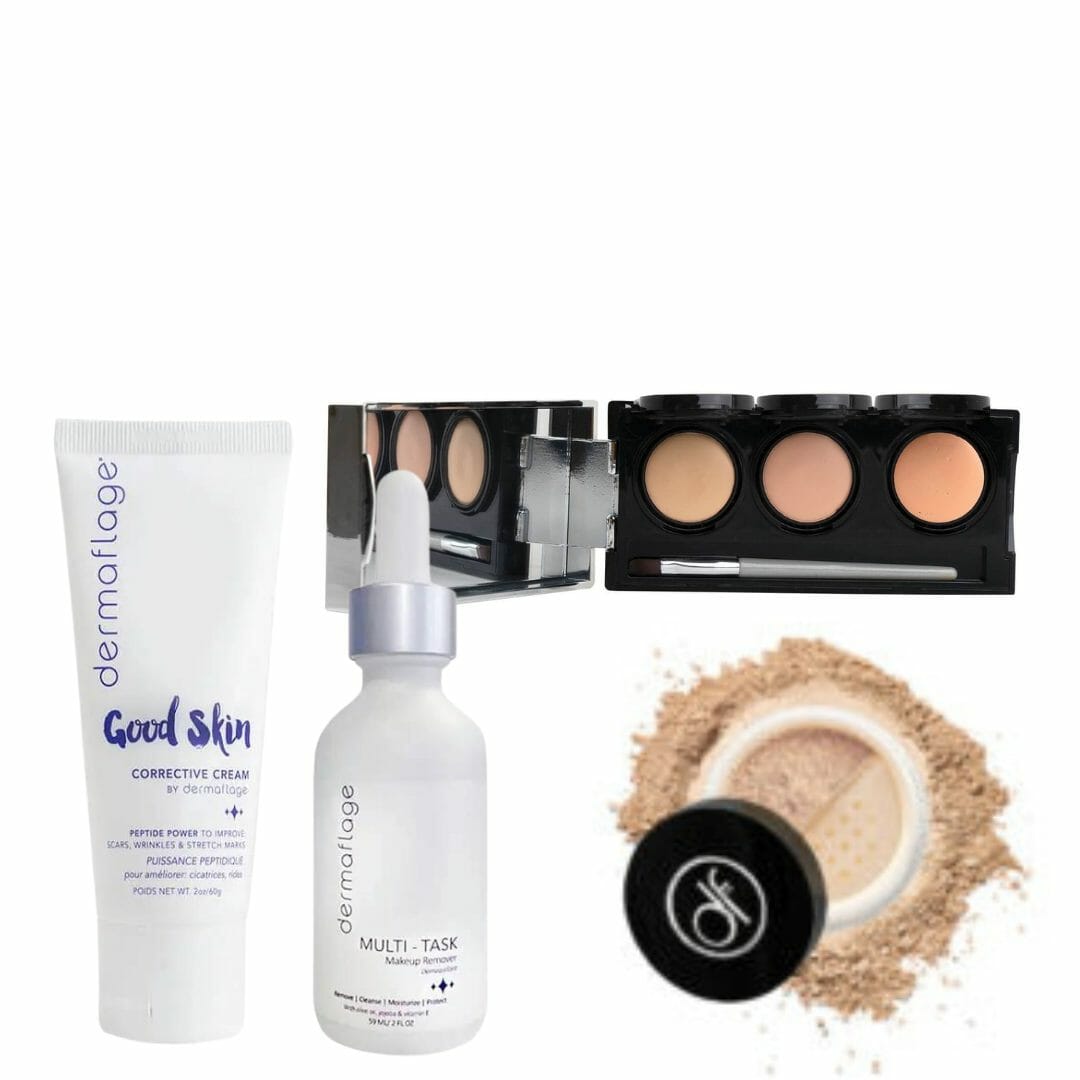
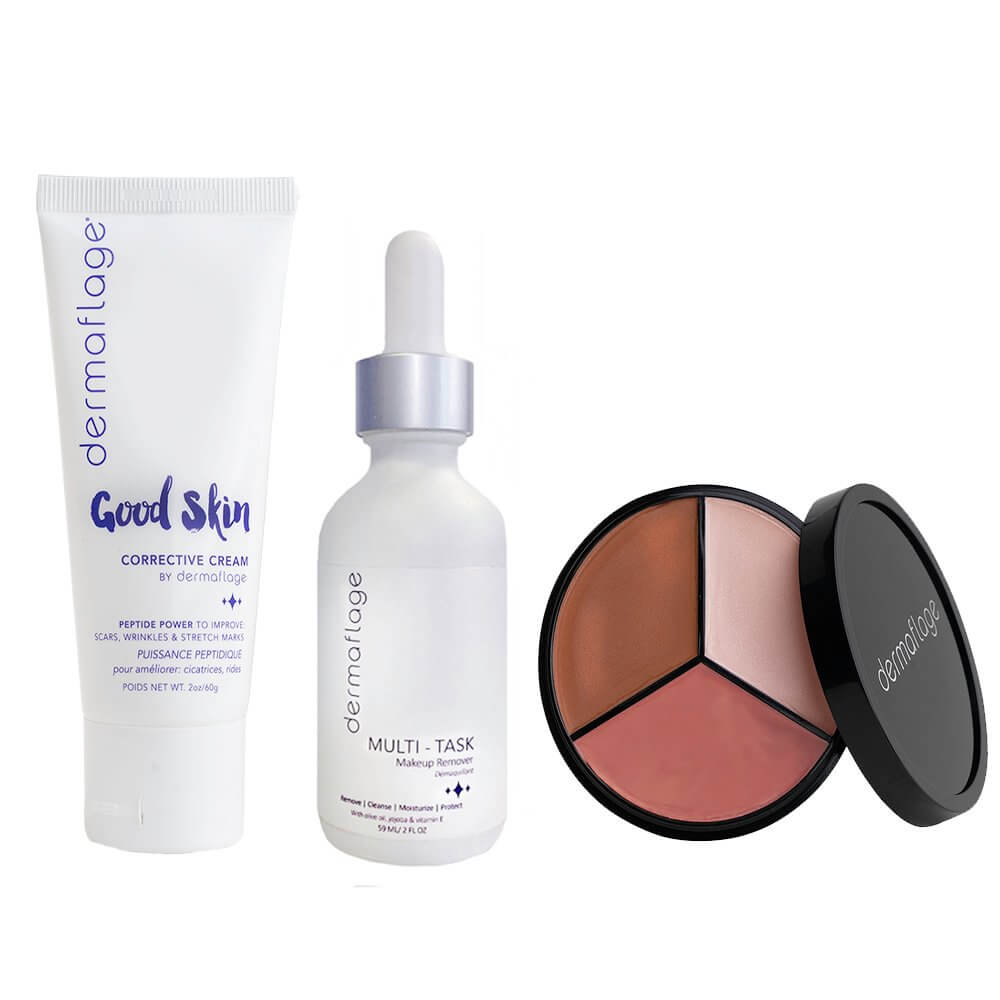
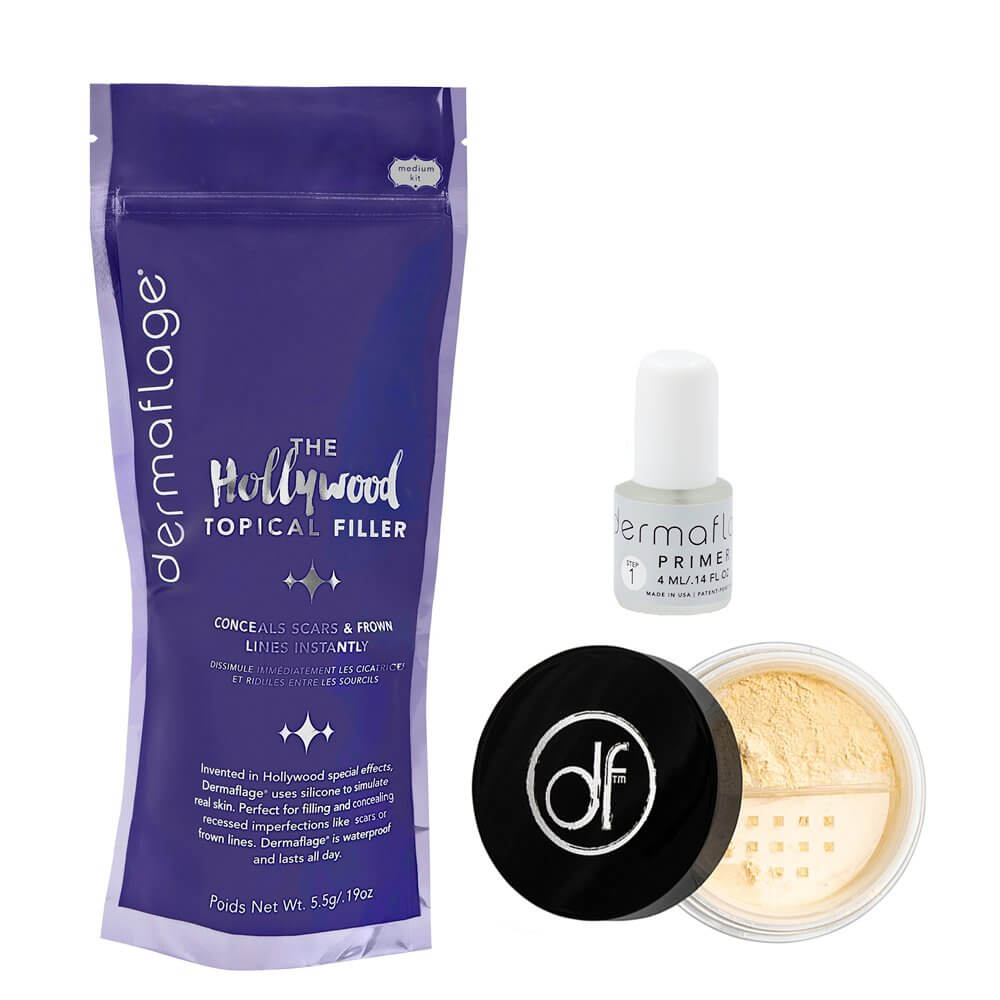
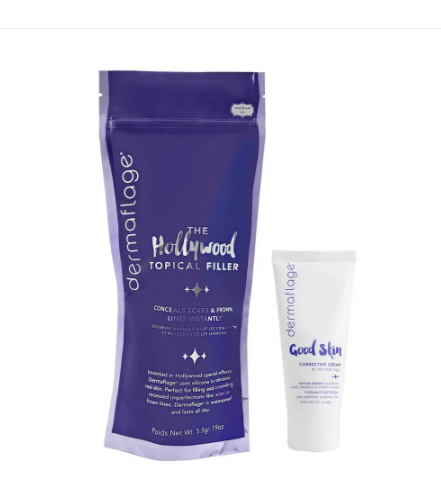


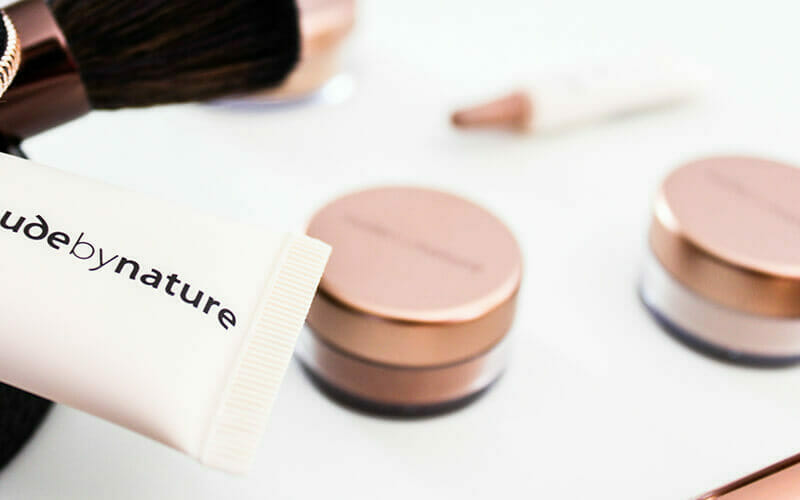






Leave a Reply
You must be logged in to post a comment.